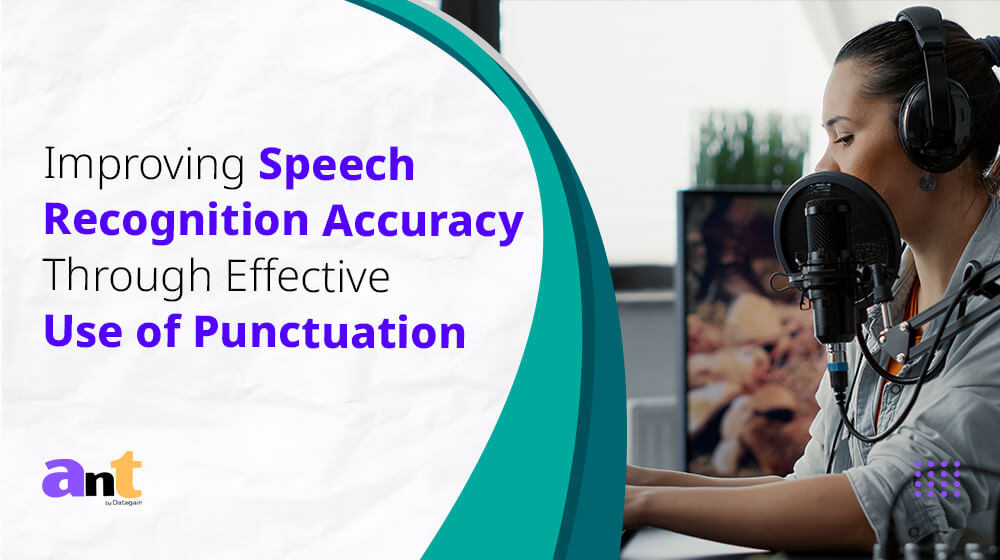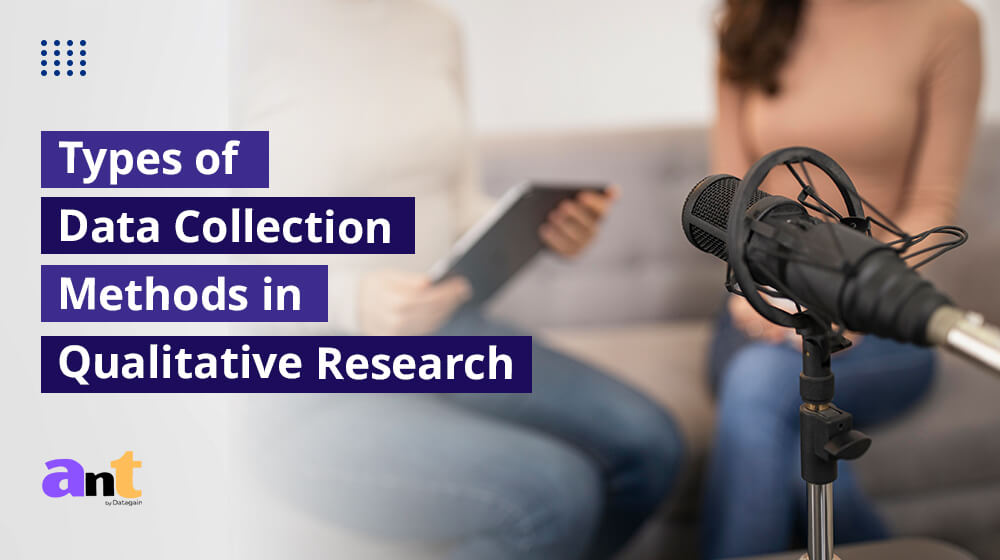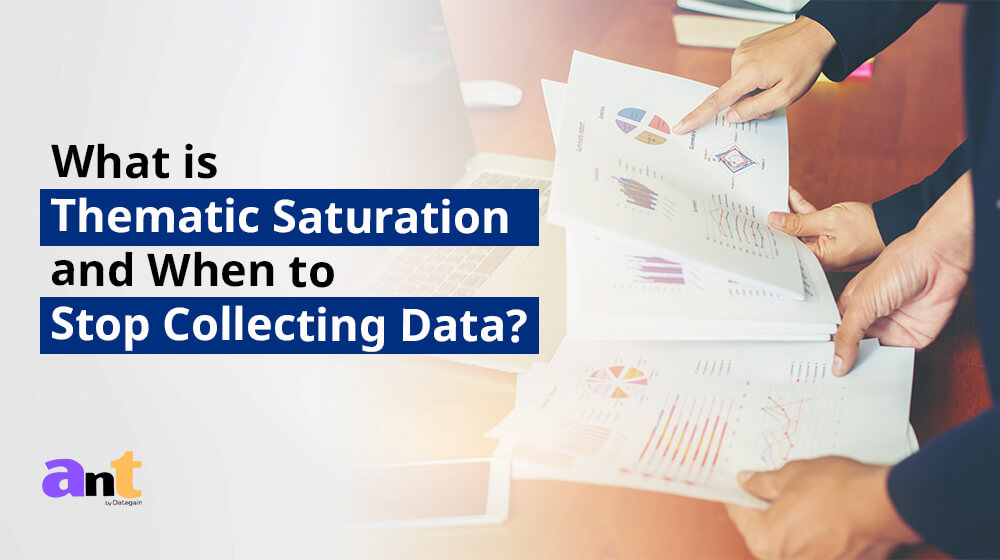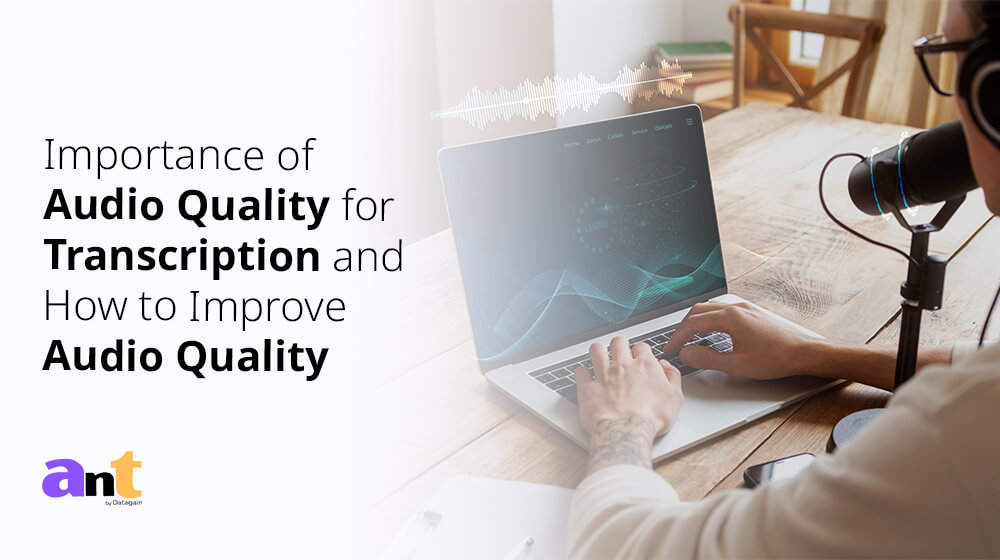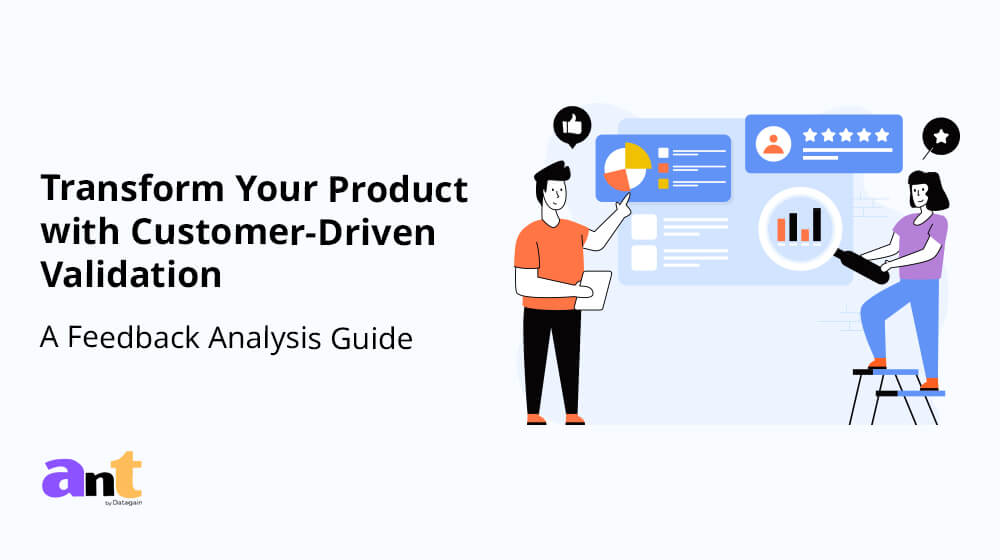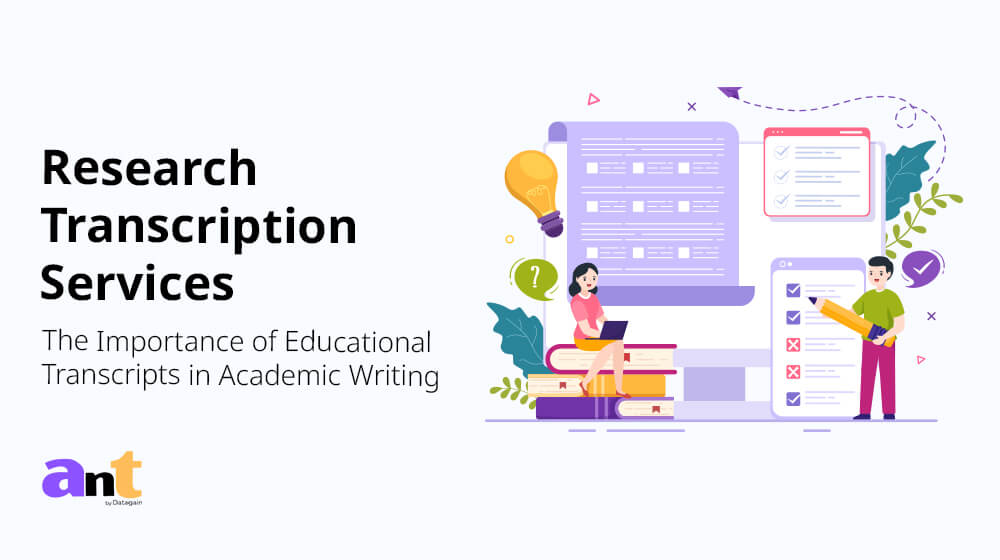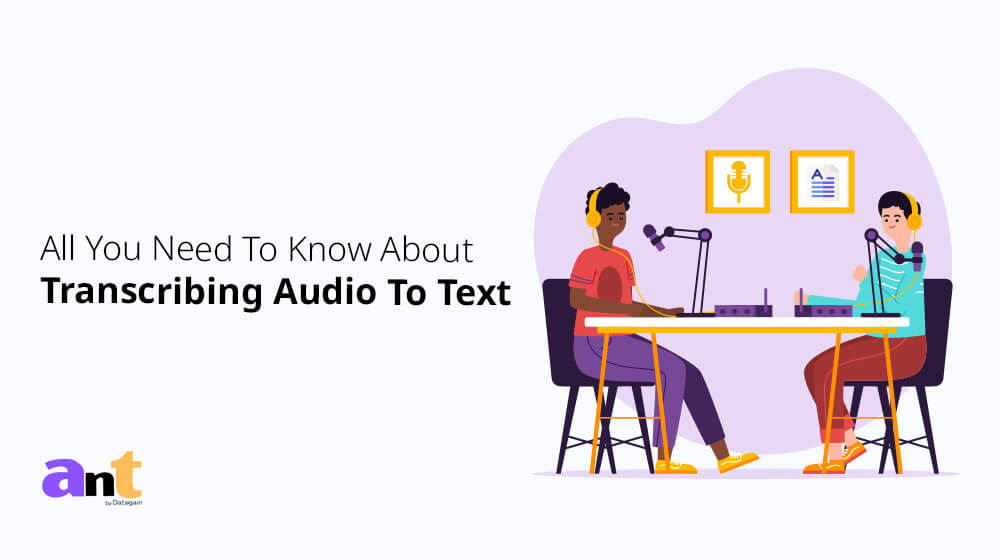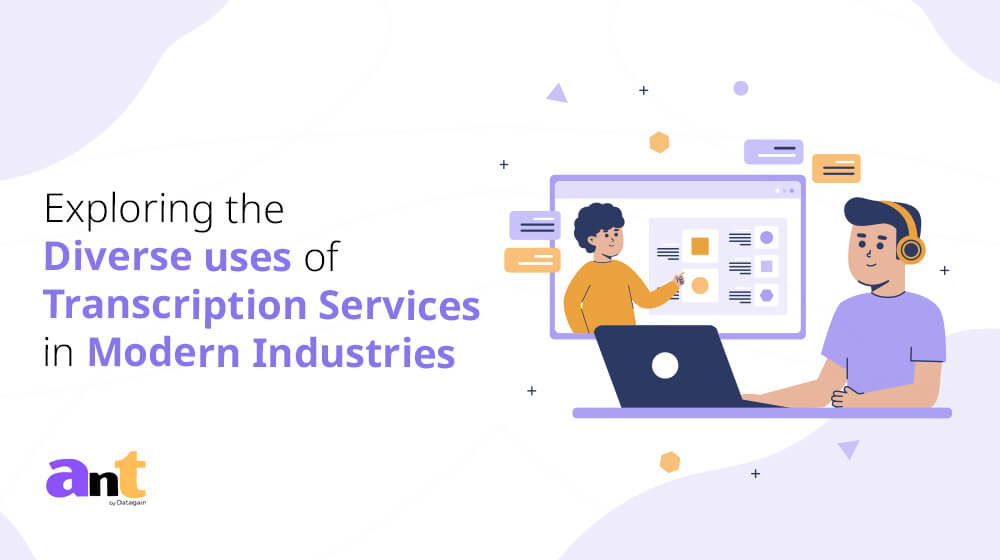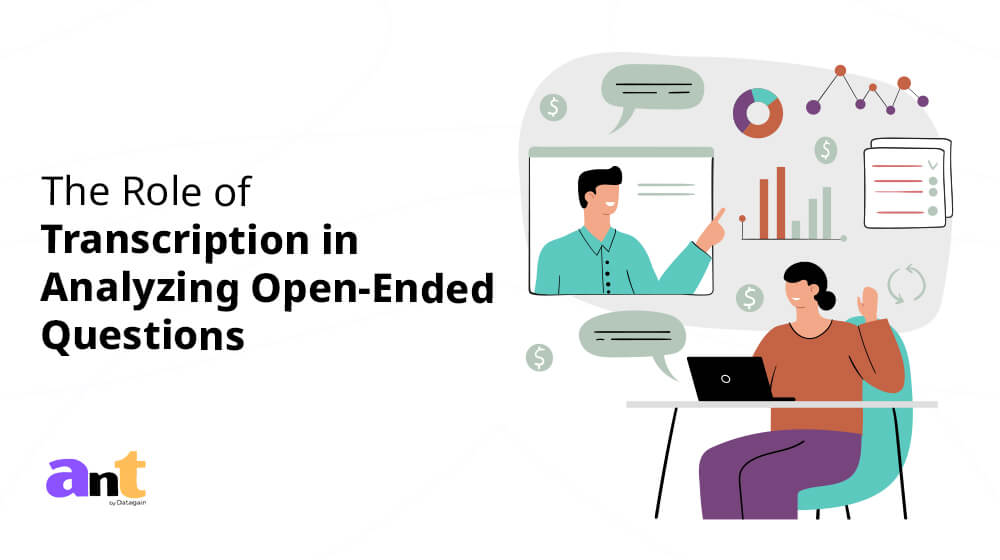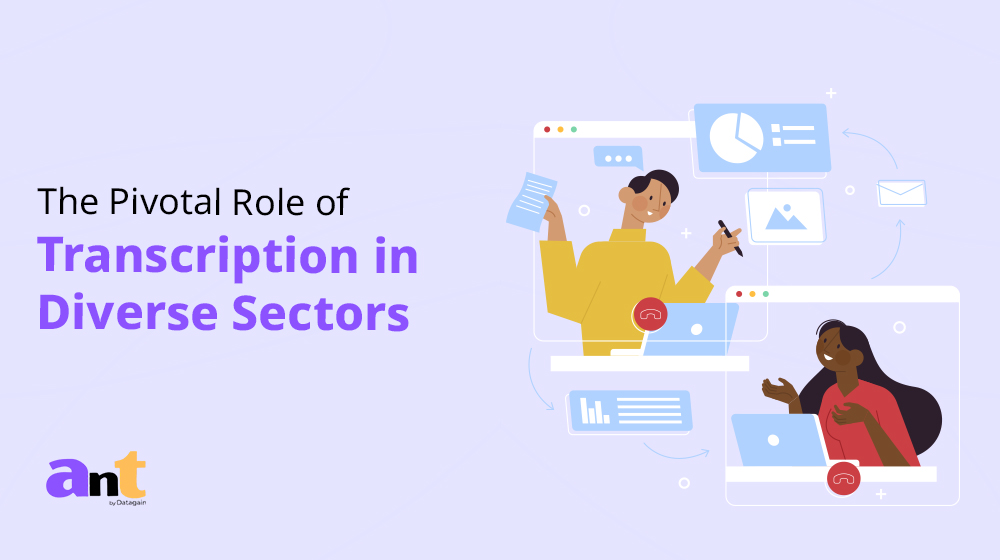In the realm of qualitative research, where understanding human experiences and perceptions is essential; advanced language models have revolutionized how we approach data analysis. One such groundbreaking technology is Generative Pre-trained Transformers (GPT). It is a powerful and versatile tool that has emerged as a game-changer in qualitative research. By using the immense potential of GPT, researchers can now delve deeper into the intricacies of qualitative data. They can uncover meaningful insights and gain a comprehensive understanding of complex phenomena.
Let’s explore the five advantages of this cutting-edge technology.
Boon for analysis of extensive data
GPT (Large Language Models) enables researchers to analyze large volumes of qualitative data quickly and efficiently. It can process and interpret text-based data faster than manual analysis, saving researchers valuable time and effort. It is an exceptional tool for handling large volumes of data in various fields and industries. Whether analyzing customer feedback, social media posts, research articles, or any other text-based dataset, GPT can efficiently handle the scale and complexity of big data.
Seamless data interpretation
GPT is a proven valuable tool for qualitative researchers, as it can assist in uncovering deeper insights and patterns within qualitative data. One of the key strengths of GPT lies in its power to analyze language patterns, context, and semantic relationships within text-based data. By processing vast amounts of qualitative data, GPT can identify recurring themes. It can reveal connections that might not be immediately apparent to human researchers.
GPT’s language modeling capabilities enable it to capture a dataset’s intricate interplay between words, phrases, and sentences. It can identify co-occurrences, associations, and dependencies. It helps researchers understand the underlying meanings and context within the data. Through its analysis of language patterns, GPT can unveil patterns of speech, and discourse structures. It can even sentiment variations, providing researchers with valuable interpretations.
Better consistency and reproducibility
By employing GPT, researchers can mitigate the impact of human biases and achieve greater objectivity. The model treats all data equally, adhering to the same rules and principles throughout the analysis process. This consistency ensures that the same analytical methods are applied to every piece of data. It helps eliminate potential inconsistencies that could arise from human subjectivity.
The reproducibility of analysis is another significant benefit of using GPT. Researchers can replicate the analysis by running the same data through the model multiple times, obtaining consistent results each time. This reproducibility allows for the verification of findings and enhances the reliability of the research outcomes.
Insightful analytical scope
GPT can process and analyze various sources, including interviews, surveys, social media posts, online forums, etc. The ability of GPT to handle diverse types of qualitative data opens up a world of possibilities for researchers. It allows them to explore multiple sources of information and extract insights from various perspectives.
For example, researchers can analyze interview transcripts to understand the nuances of participants’ experiences and perspectives. They can also dive into social media posts to explore public sentiment or attitudes toward a particular topic or event.
Collaborative research opportunities
GPT facilitates collaborative research by allowing multiple researchers to simultaneously work on the same dataset. Researchers can leverage GPT to share annotations, interpretations, and insights, fostering teamwork and enhancing the overall quality of the analysis. This collaborative approach can lead to richer and more nuanced findings in qualitative research.
The Bottomline
GPT’s ability to handle large volumes of data, generate insights, and ensure consistency makes it a game-changer in qualitative research. It enables researchers to fetch deeper insights, analyze diverse sources, and streamline the research process.
By leveraging GPT as a powerful tool in the qualitative research toolkit, researchers can push the boundaries of their investigations and unlock new dimensions of understanding. When it comes to finding the best analysis services, look no further. Connect with us and unlock a world of unparalleled expertise and insights. We are dedicated to providing top-notch analysis solutions to empower your decision-making and drive your success. Trust us to deliver the excellence you deserve.



